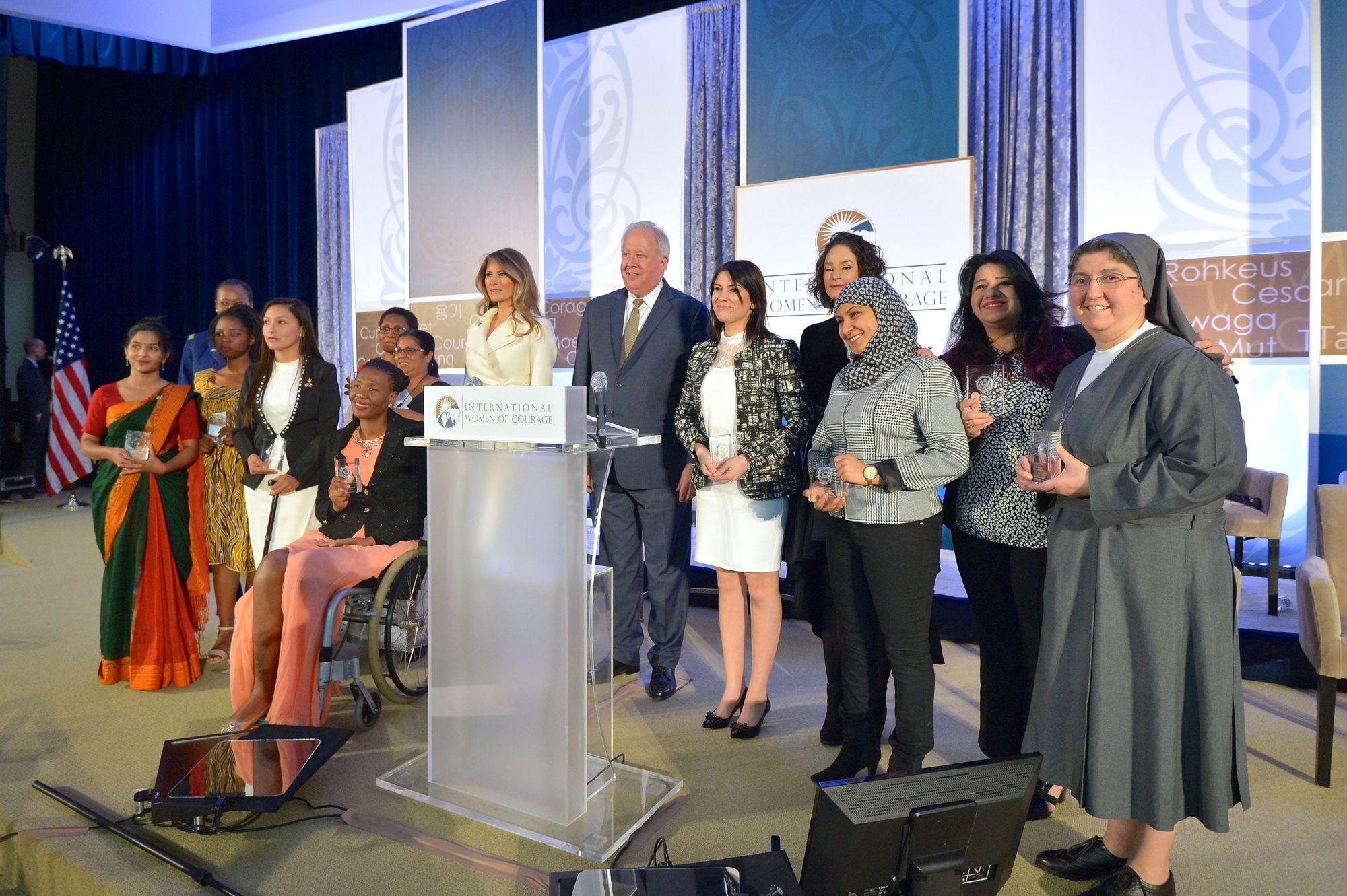Women in Power: The Vital Role of Female Politicians in Democracy

In any thriving democracy, representation is key. Women, who make up roughly half of the global population, bring unique perspectives, experiences, and leadership styles to governance. However, despite progress, female politicians remain underrepresented in many governments worldwide. Their participation is not just about equality—it strengthens democracy, improves policymaking, and enhances social and economic development.
1. Strengthening Democracy Through Representation
A true democracy reflects the voices of all its people. When women are included in decision-making, policies become more representative of diverse societal needs. Female politicians advocate for gender-inclusive laws, healthcare, education, and social welfare, ensuring governance serves everyone—not just a select few.
Countries with higher numbers of women in leadership often experience stronger democratic institutions and lower corruption rates. Research has shown that women tend to prioritize transparency, accountability, and long-term solutions, fostering public trust in government.
2. Policy Changes That Benefit Society
Women in politics have been instrumental in passing laws that address issues often overlooked in male-dominated legislatures. Some of the most impactful policies championed by female leaders include:
- Education and Healthcare: Many female politicians prioritize education and healthcare reforms, leading to better social welfare systems.
- Gender Equality & Women's Rights: Laws against domestic violence, workplace discrimination, and gender pay gaps have been driven by female lawmakers.
- Family and Child Welfare: Policies supporting parental leave, child care, and early childhood education have been advanced by women in government.
When female politicians take office, entire communities benefit from their focus on social well-being, economic stability, and inclusive growth.
3. Economic Growth & Development
Greater political participation of women contributes to stronger economies. Countries with higher gender equality in leadership roles often experience higher GDP growth, better workforce participation, and improved business opportunities for women.
Female leaders also tend to invest in long-term development projects, such as infrastructure, digital innovation, and job creation, ensuring sustainable progress.
4. Breaking Barriers & Inspiring Future Generations
Every woman who enters politics paves the way for future generations. Visible role models like Angela Merkel, Jacinda Ardern, Kamala Harris, and Sheikh Hasina inspire young women to pursue leadership roles, challenging stereotypes and cultural norms.
When young girls see women in power, they believe in their own potential to lead, creating a ripple effect of empowerment across society.
5. Overcoming Challenges & Moving Forward
Despite their contributions, female politicians often face gender bias, media scrutiny, and societal resistance. However, progress continues, with more countries implementing gender quotas, leadership training programs, and initiatives to encourage women’s political participation.
A Stronger Democracy With Women in Leadership
The inclusion of women in politics is not just about fairness—it is about building stronger, more effective democracies. Female politicians bring diverse perspectives, champion social progress, and contribute to economic growth. As more women step into leadership roles, governments worldwide will become more just, equitable, and representative of the people they serve.
Investing in women’s political participation is not just the right thing to do—it is essential for a better future.